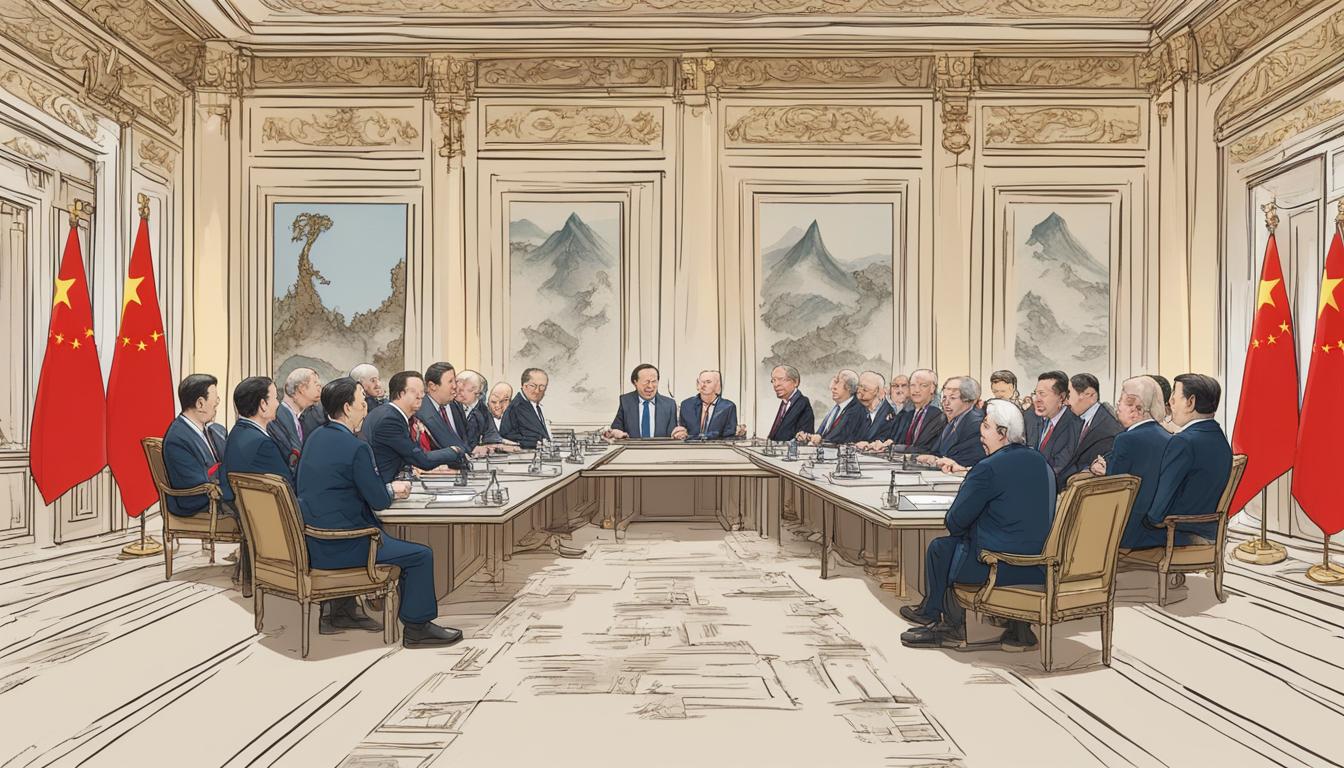Xi Jinping visits France, Hungary, and Serbia to discuss trade issues and reinforce strategic ties, against a backdrop of economic and geopolitical tensions in the EU.
Chinese President Xi Jinping embarked on a significant European tour, focusing on trade relations, amidst escalating tensions related to economic issues such as tariffs on Chinese electric vehicles. His visit covered France, Hungary, and Serbia, each strategically important for China’s political and economic engagement with Europe.
Starting in France, Xi met with French President Emmanuel Macron and European Commission President Ursula von der Leyen. High on the agenda were discussions intended to prevent a potential trade war, with emphasis on EU’s concerns over alleged Chinese state support for its automotive industry and the consequent anti-subsidy investigations. These talks underscored the broader context of a strained EU-China relationship, with ongoing issues including espionage allegations, trade imbalances, and geopolitical tensions surrounding global conflicts and alliances.
Further, Xi’s itinerary included stops in Hungary and Serbia, nations known for their close ties with both China and Russia. In Hungary, Xi’s presence affirmed the growing partnership, heightening concerns among other EU countries regarding European strategic autonomy. In Serbia, the visit symbolically underlined shared security interests, evoking historical ties and opposition to NATO.
Simultaneously, EU leaders are navigating internal political shifts, with influential figures such as Italian Prime Minister Giorgia Meloni advocating a right-leaning agenda that could impact EU policy directions, including trade relations with global partners like China.
Amidst these complex diplomatic engagements, the EU is actively urging China to exclude agriculture from ongoing trade disputes, highlighting its strategic importance and the need to maintain fair trade practices and market access, particularly in the agrifood sector.
Xi Jinping’s European tour reflects an intricate balance of reaffirming old alliances, addressing economic disputes, and engaging with issues of global strategic concern, all while the international community closely watches for shifts in geopolitical alignments and policies.













